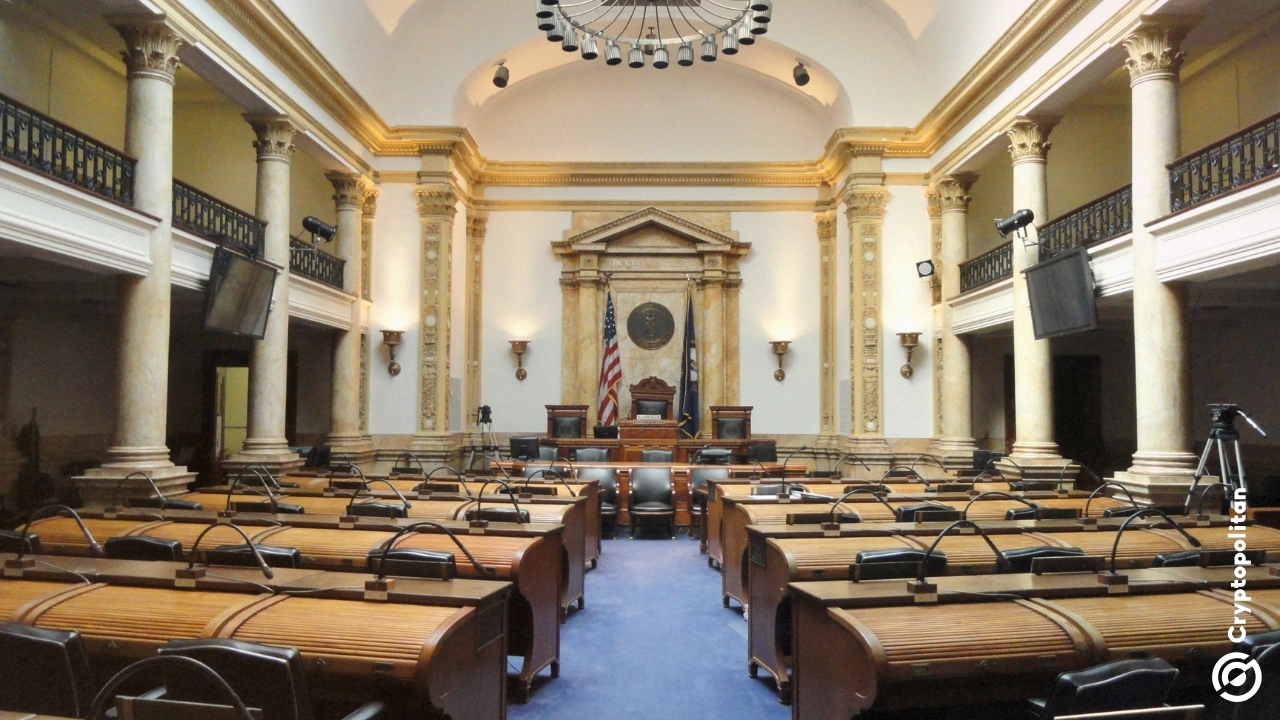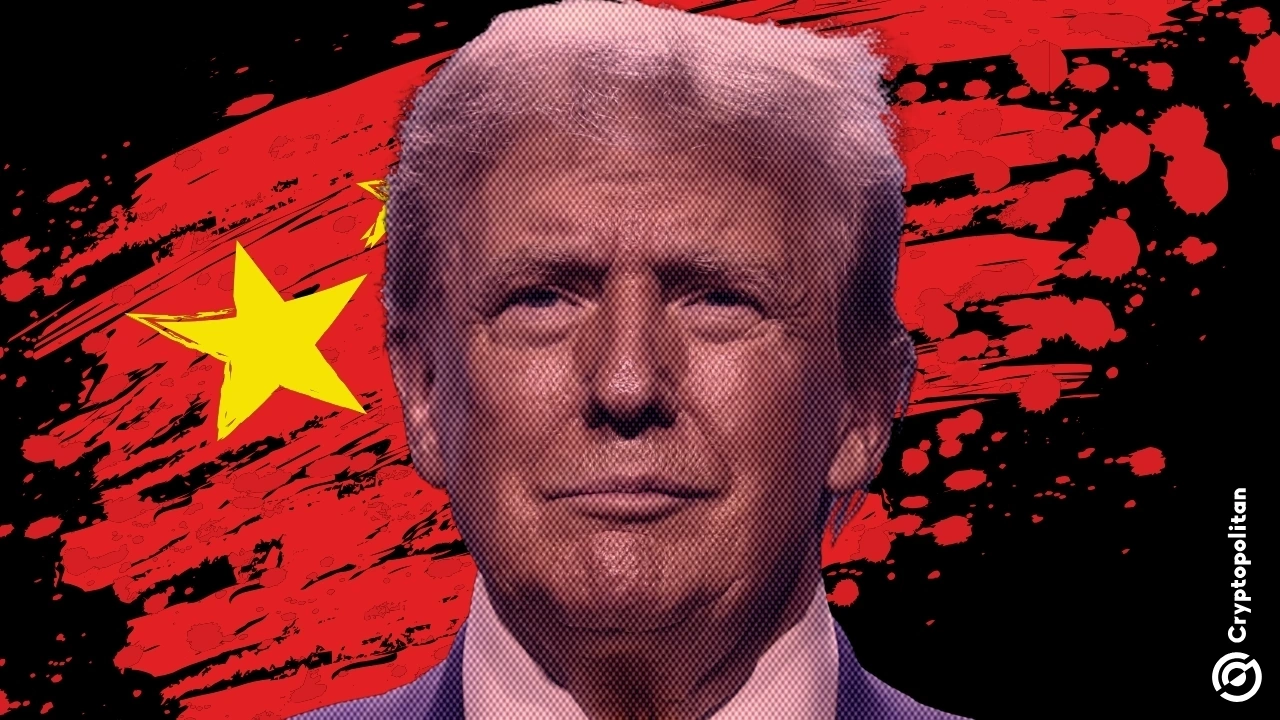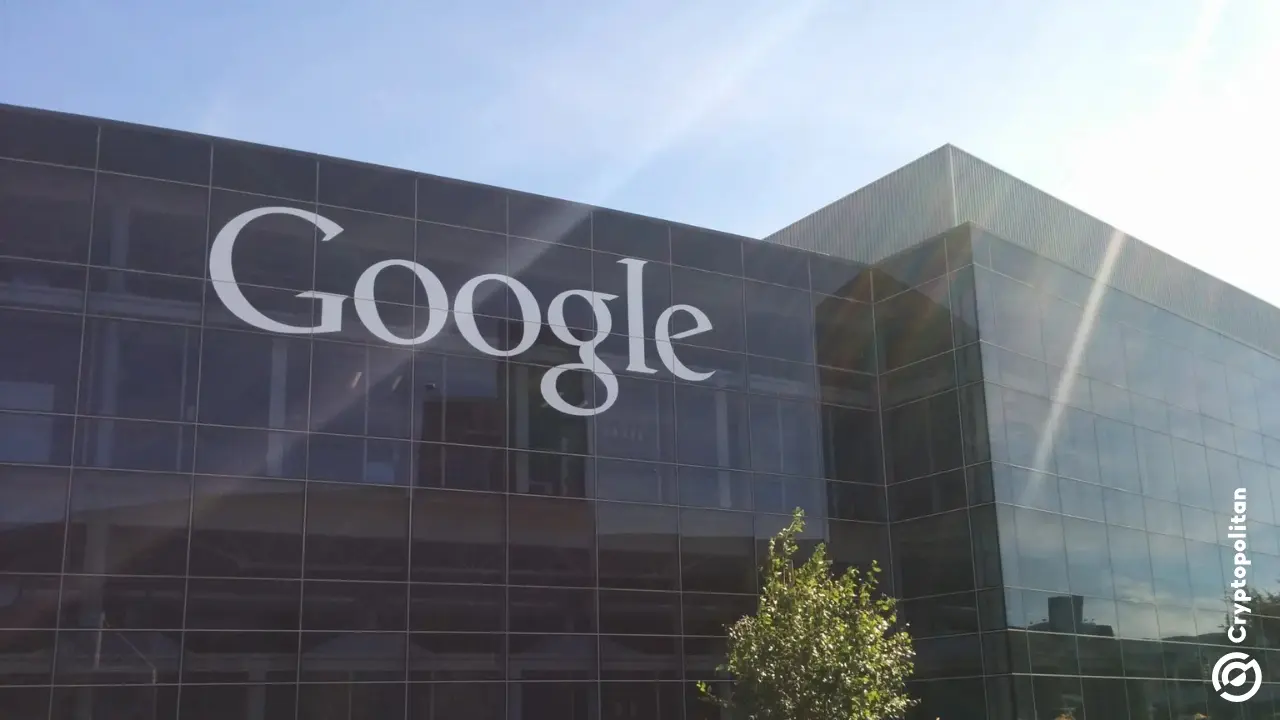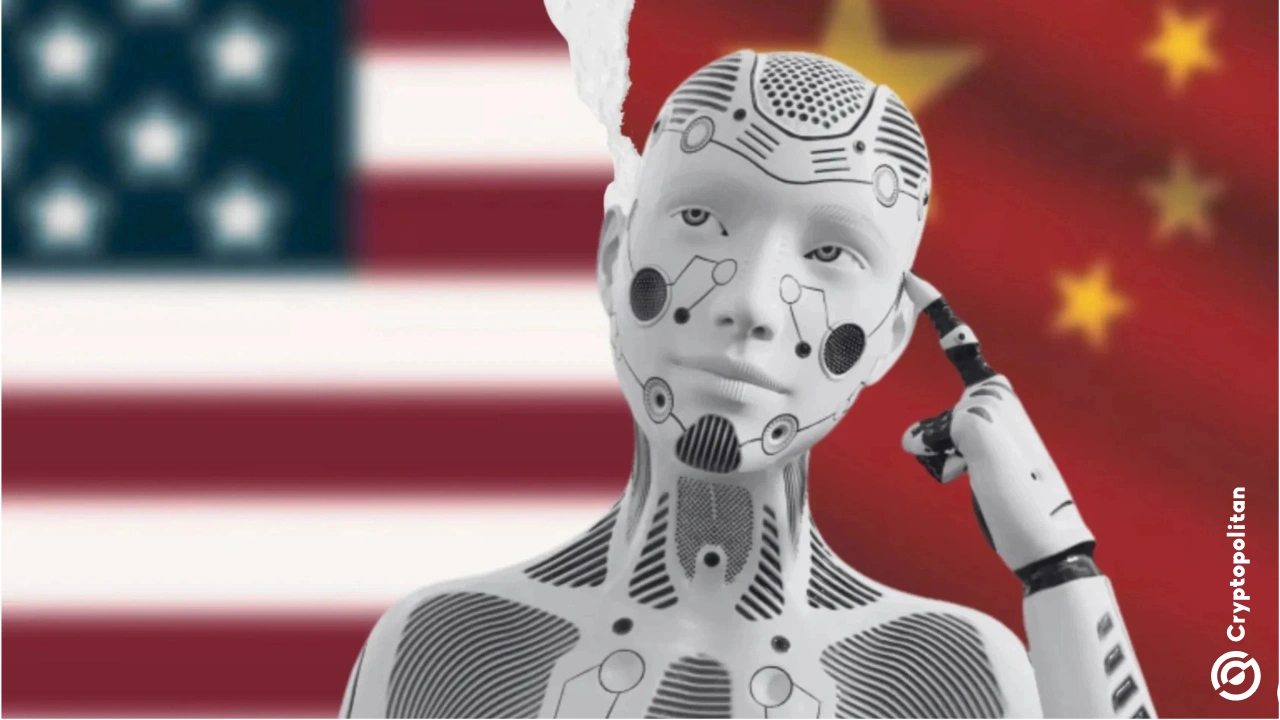The US has reportedly introduced a new AI-based surveillance system targeting international students, and hundreds of them have already been sent notices for visa cancellations.
The State Department, on the instructions of Secretary Marco Rubio, has canceled more than 300 student visas within three weeks as part of a targeted campaign.
This monitoring campaign reviews social media accounts of F1, M1, and J1 visa students for posts purportedly supporting listed terrorist groups. Impacted students are being told through email to organize their own exit from the nation.
AI surveillance tools examine student online activity
According to reports, the State Department has initiated sweeping digital surveillance programs that employ artificial intelligence to scour the social media of thousands of student visa holders. The technology reads posts, comments, and even interactions such as shares and likes to find what officials deem problematic content.
As per immigration lawyers who were interviewed by The Times of India, the surveillance goes beyond students who actually took part in on-campus protests to also cover those who simply engaged with specific content on the internet. Even liking a post that is considered “anti-national” can initiate investigation under the new system.
The statutory basis for such actions comes from the Immigration and Nationality Act of 1952, under which the Secretary of State is empowered to revoke visas of foreign nationals deemed likely to be dangerous. The present operation became more popular after an internal March 25 directive from Secretary Rubio that required the examination of social media presence for existing international students and future applicants.
When the system raises red flags regarding material, screenshots are taken as evidence by Fraud Prevention Units before users can change or alter their online activity. Authorities keep logs of all the reviews that they do, regardless of whether they find troubling content.
In public comments, Secretary Rubio has defended the program’s aggressive tactics. “We’re looking every day for these lunatics that are tearing things up,” he said on March 27, saying he hopes they ultimately “run out” of targets to deport. He also called on other countries to do the same to students who “destabilize” campuses.
This increased scrutiny impacts a large demographic since the 2024 Open Doors Report estimates the US receives around 1.1 million foreign students, more than 330,000 of which are from India.
The digital tools process thousands of student profiles
The AI monitoring system has reportedly reviewed more than 100,000 Student Exchange Visitor System profiles since October 2023, looking for ties to campus demonstrations, academic suspensions, or arrests that could justify visa revocation.
The new practice is a stark contrast to the old. A senior official who spoke to Axios on condition of anonymity said that they could not find “literally zero visa revocations during the Biden administration.” He described the old practice as a “blind-eye attitude toward law enforcement.” The process has been streamlined and made formal under the present administration.
When a student is marked by the system, a consular officer then examines the case and makes the final determination as to visa status. Students who receive revocation notices have drastic repercussions – they can be detained, fined, or declared ineligible for a future visa. The notices require students to return their passports to a US embassy where their visas are physically canceled.
The system also cross-checks internal databases to find visa holders who have been arrested but permitted to stay in the US under earlier policies. This scrutiny affects different visa categories: F1 visas for students pursuing academic studies, M1 visas for students pursuing vocational studies, and J1 visas for exchange visitors. Students who receive cancellation notices are being instructed to utilize the CBP Home App to arrange their departure from the country.
Trump administration cites security concerns for visa actions
The Trump administration formalized this process in a January 20 executive order looking at foreign nationals who “represent a threat to national security and espouse hateful ideology.” The policy probably first started to gain ground when Secretary Rubio commented shortly after the October 7 attack. That’s when he called for action against the people “parading on our campuses and in the streets of our country” who were “calling for Intifada” or “cheering what Hamas did.”
The government has framed these measures as security measures needed in light of the ongoing controversy around pro-Palestinian activism and claims of anti-Semitic activities on college campuses. Officials contend the policy targets behaviors, not political ideology.
The mass emails informing students of visa cancellations have instilled fear in international student groups. Recipients are instructed to self-deport with no set time limits or appeal processes in most cases.
Cryptopolitan Academy: Coming Soon - A New Way to Earn Passive Income with DeFi in 2025. Learn More
















No comments yet